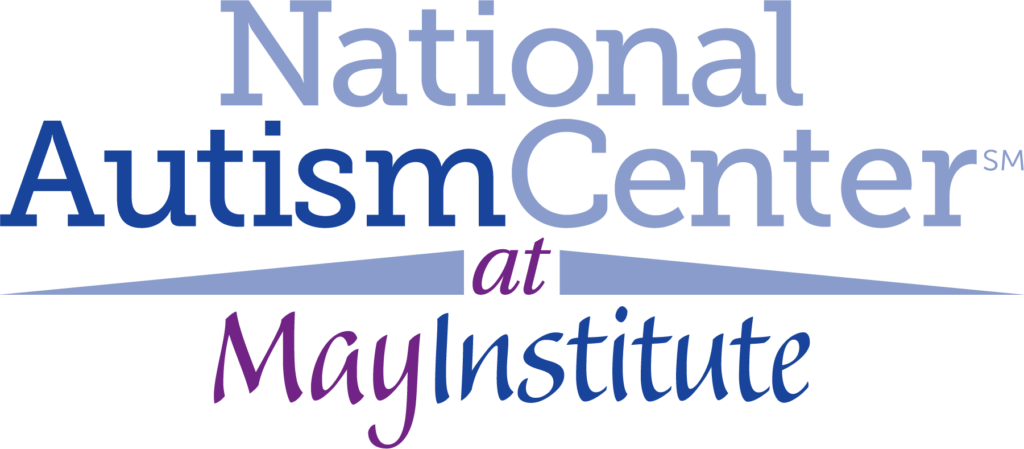Recent posts
National Autism Center Educator Manual Earning Rave Reviews
MEDIA RELEASE
Randolph, Mass. – With thousands of copies already in circulation in all 50 states and dozens of countries, the National Autism Center’s autism manual for educators – “Evidence-Based Practice and Autism in the Schools” – is receiving high marks from educators in the special education community.
In a national survey following the release of this 181-page guide earlier this year, responses demonstrated that the manual is making a significant impact on improving educators’ knowledge about Autism Spectrum Disorders (ASD) and providing effective interventions for students on the autism spectrum.
In one of the important findings from the survey, 89 percent of respondents say their knowledge about effective treatments for students with ASD has improved as a result of the manual.
Research confirms that early and effective intervention offers the greatest opportunity for positive life outcomes.
“Teachers and parents are inundated with treatment choices following an autism diagnosis,” says Susan M. Wilczynski, Ph.D., BCBA-D, Executive Director of the National Autism Center. “What treatment should a school system or family choose when all treatments seem to claim they are effective? Information and misinformation about treatment choices can result in delays in beginning treatment, or making treatment choices that cost the child, family, and school systems significant time, expense, and disappointment. The manual is designed to give teachers the resources they need to make informed choices and to collaborate with parents to ensure effective treatments are used to offer the child the greatest hope for his or her future.”
Other significant findings include:
- Of those who identified the question as applicable to their work, 96 percent of the respondents said it is “true” or “somewhat true” that they now use more treatments that have been demonstrated to be effective.
- Ninety-five percent of respondents reported that they are now seeking additional knowledge or training on treatments shown to be effective, while 96 percent say it is true or somewhat true that they are now helping parents participate more effectively in their children’s educational process.
- Ninety-two percent of the respondents said they have taken steps to build greater capacity in their schools (a major issue facing public school systems today).
- Ninety-six percent of the respondents indicated that they would recommend this manual to another educator.
- One hundred percent found the manual easy to understand.
In one of hundreds of comments submitted, an educator from the Midwest wrote, “The quality of the manual and the companion information does a great deal to promote quality education for children with autism. The materials are outstanding as resources for parents and should form the foundation for constructive dialogues about educational strategies to be implemented for individual children.”
The manual provides important information about the 2009 published research findings from the Center’s National Standards Report, the most extensive analysis of treatments for children and adolescents with ASD ever published. The manual also offers guidance on how to integrate professional judgment, family values, and preferences into treatment selection in order to build capacity and implement interventions accurately. For more information about the manual, or to download a free copy, visit nationalautismcenter.org.
About the National Autism Center
The National Autism Center is May Institute’s Center for the Promotion of Evidence-based Practice. It is dedicated to serving children and adolescents with Autism Spectrum Disorders (ASD) by providing reliable information, promoting best practices, and offering comprehensive resources for families, practitioners, and communities.
An advocate for evidence-based treatment approaches, the National Autism Center identifies effective programming and shares practical information with families about how to respond to the challenges they face. The Center also conducts applied research and develops training and service models for practitioners. Finally, the Center works to shape public policy concerning ASD and its treatment through the development and dissemination of national standards of practice.

